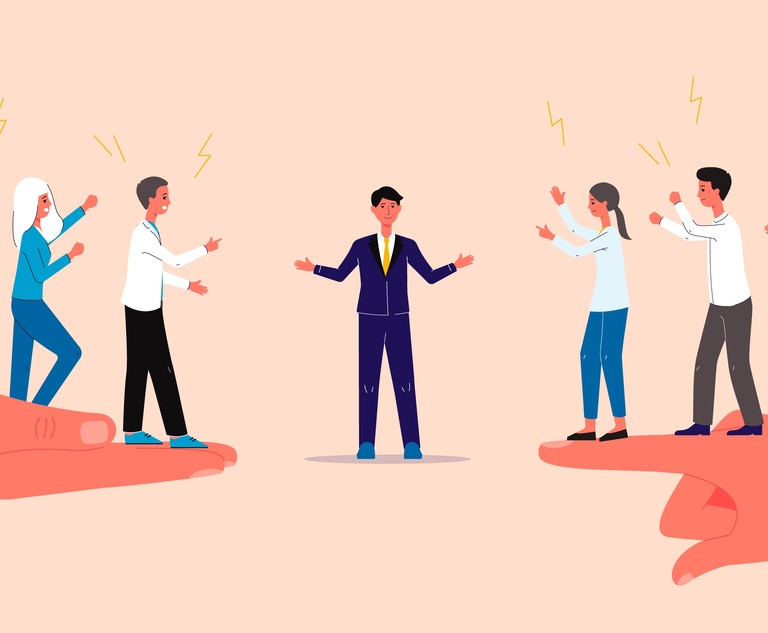Lawyers have a reputation for protracting disputes rather than facilitating them. For this, the reputation of the profession carries a heavy negative burden from consumers of its services. Facilitators are alternative dispute resolution professionals who are trained to design a process that bring stakeholders together so that they have a forum to listen to one another and find bridges towards lessening conflict and arriving at areas of consensus, or to just offer individuals the opportunity to feel that their voices are being heard in a decision-making process. Feerick and Gerstel, “Lawyers as Facilitators: If Not Now, When?,” New York Law Journal, May 5, 2022, p.4, col.4; Vol. 267; No. 86.
If attorneys were trained as facilitators rather than perceived as impediments to the dispute-resolution process, perhaps that reputation would benefit greatly. In practice, a facilitator is a neutral dispute resolution practitioner that provides structure and process to the interactions of a group to help them participate fully and think creatively to work together better and move through a problem. Facilitation allows the group to explore issues, giving the members the space to evaluate options and find areas of consensus.


 Illustration by sabelskaya
Illustration by sabelskaya




